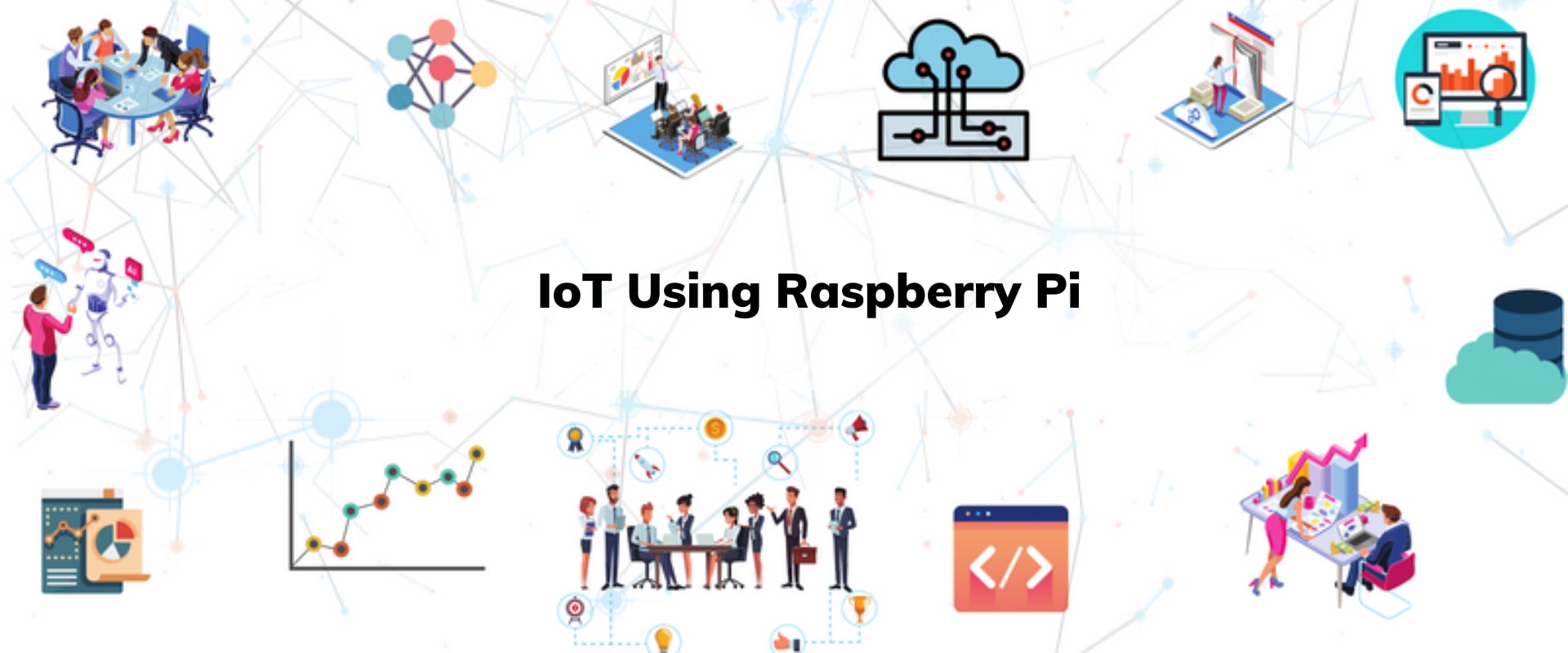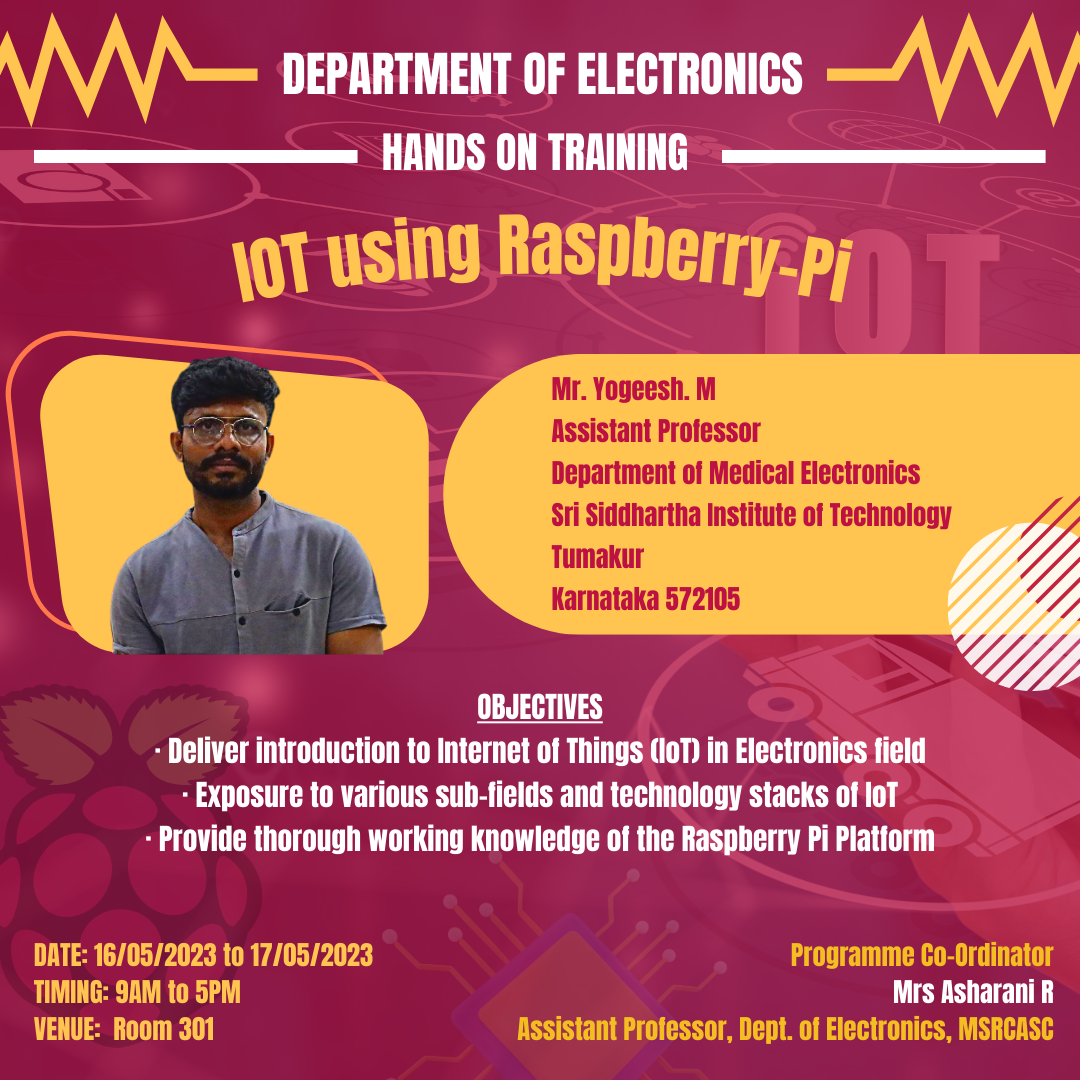Is Raspberry Pi A IoT Device? The Ultimate Guide For Tech Enthusiasts
Let's dive into the world of Raspberry Pi and IoT! If you're here, chances are you've heard the buzz about Raspberry Pi being labeled as an IoT device. But is it really? Or is it just another tech hype that sounds cooler than it actually is? Well, buckle up, because we're about to break it down for you in the simplest way possible. No fancy jargon, just real talk.
Raspberry Pi has been around for quite some time now, and it's no secret that it's a favorite among hobbyists, developers, and tech enthusiasts alike. But when we talk about IoT (Internet of Things), things get a little more complex. So, is Raspberry Pi truly an IoT device? Let's find out together as we explore the ins and outs of this tiny yet powerful gadget.
Before we go any further, let me clarify something. This isn't just another tech article filled with fluff. We're going to dig deep into what makes Raspberry Pi tick, how it fits into the IoT ecosystem, and why it matters to you. If you're serious about understanding the role of Raspberry Pi in IoT, this is the article for you.
What is Raspberry Pi Anyway?
First things first, let's get to know Raspberry Pi a little better. Raspberry Pi is a credit card-sized computer that was originally designed to promote computer science education among students. But over time, it's grown into so much more. It's now used by professionals and hobbyists alike for all sorts of projects, from home automation to robotics.
Here's the deal: Raspberry Pi isn't just a single product. There are multiple versions of it, each with its own set of features and capabilities. The latest models come packed with powerful processors, Wi-Fi, Bluetooth, and even Ethernet ports. So, yeah, it's pretty legit.
But here's the kicker—Raspberry Pi isn't just about hardware. It's also about the community and the software ecosystem that surrounds it. With operating systems like Raspbian, Ubuntu, and even specialized IoT-focused OSes, Raspberry Pi has become a versatile tool for anyone looking to experiment with technology.
Key Features of Raspberry Pi
- Compact size
- Low power consumption
- Multiple GPIO pins for connecting peripherals
- Support for various programming languages
- Wide range of accessories and add-ons
These features make Raspberry Pi a perfect candidate for IoT projects. But hold on, we're not done yet. Let's talk about IoT and what it really means.
Understanding IoT: The Backbone of Modern Technology
IoT, or the Internet of Things, is basically the concept of connecting everyday devices to the internet. Think smart refrigerators, thermostats, and even your coffee maker. The goal of IoT is to make our lives easier by allowing these devices to communicate with each other and with us.
Now, here's where it gets interesting. IoT isn't just about connecting devices. It's about collecting data, analyzing it, and using it to improve our lives. For example, a smart thermostat can learn your preferences and adjust the temperature automatically, saving you money on energy bills.
But why does this matter for Raspberry Pi? Well, because Raspberry Pi can act as the brain behind these smart devices. It can collect data from sensors, process it, and send it to the cloud or another device. This makes it a perfect fit for IoT applications.
Why IoT Matters in 2023
- Increased efficiency in industries
- Improved quality of life for consumers
- Cost savings through automation
- Enhanced security and monitoring capabilities
With the rise of smart cities and connected homes, IoT is becoming more and more important. And guess what? Raspberry Pi is right there in the middle of it all.
Is Raspberry Pi Truly an IoT Device?
Now, let's get to the million-dollar question: Is Raspberry Pi really an IoT device? The short answer is yes, but with a twist. While Raspberry Pi itself isn't a traditional IoT device like a smart bulb or a fitness tracker, it can certainly be used to build IoT solutions.
Think of Raspberry Pi as the Swiss Army knife of IoT. It can be programmed to act as a central hub for multiple IoT devices, collecting data from sensors and controlling actuators. It can also run complex algorithms for data processing and machine learning, making it a powerful tool for advanced IoT applications.
But here's the thing—just because Raspberry Pi can be used for IoT doesn't mean it's the only option. There are plenty of other devices out there specifically designed for IoT, like ESP32 and Arduino. However, Raspberry Pi has a few advantages that make it stand out.
Advantages of Using Raspberry Pi for IoT
- Powerful processing capabilities
- Support for multiple programming languages
- Wide range of software and libraries
- Strong community support
These advantages make Raspberry Pi a great choice for anyone looking to dive into the world of IoT. But it's not without its challenges.
Challenges of Using Raspberry Pi for IoT
While Raspberry Pi is a fantastic tool for IoT, it's not without its drawbacks. One of the biggest challenges is power consumption. Unlike dedicated IoT devices, Raspberry Pi consumes more power, which can be a problem for battery-powered applications.
Another challenge is size. While Raspberry Pi is small, it's not as compact as some other IoT devices. This can be a dealbreaker for projects where space is limited.
Finally, there's the issue of cost. While Raspberry Pi is relatively affordable, it's still more expensive than some other IoT options. This can be a consideration for large-scale deployments.
Overcoming the Challenges
- Optimize power usage through software
- Choose the right model for your project
- Use external power sources for extended battery life
By addressing these challenges, you can make Raspberry Pi a viable option for your IoT projects.
Real-World Applications of Raspberry Pi in IoT
Now that we've talked about the theory, let's look at some real-world examples of Raspberry Pi being used in IoT. From home automation to industrial applications, Raspberry Pi is making waves in the IoT world.
One popular use case is home automation. With Raspberry Pi, you can control everything from your lights to your HVAC system. By connecting sensors and actuators, you can create a smart home that's tailored to your needs.
Another exciting application is in agriculture. Farmers are using Raspberry Pi to monitor soil moisture, temperature, and other environmental factors. This data can then be used to optimize crop yields and reduce water usage.
Industrial IoT with Raspberry Pi
In the industrial sector, Raspberry Pi is being used for predictive maintenance. By collecting data from machines, companies can predict when maintenance is needed, reducing downtime and saving money.
These are just a few examples of how Raspberry Pi is being used in IoT. The possibilities are endless, and as technology continues to evolve, we can expect to see even more innovative applications.
Setting Up Raspberry Pi for IoT
If you're ready to get started with Raspberry Pi and IoT, here's what you need to know. First, you'll need to choose the right model for your project. The Raspberry Pi 4 is a great option for most applications, but if you're looking for something more compact, the Raspberry Pi Zero might be a better fit.
Next, you'll need to install an operating system. Raspbian is a popular choice, but there are plenty of other options depending on your needs. Once you've got your OS set up, it's time to start coding. Python is a great language for beginners, but you can also use C++, JavaScript, and more.
Essential Tools and Accessories
- Raspberry Pi Model (4 or Zero)
- MicroSD card with pre-installed OS
- Power supply
- Sensors and actuators
With these tools, you'll be well on your way to creating your own IoT solutions with Raspberry Pi.
Conclusion: Is Raspberry Pi the Future of IoT?
So, is Raspberry Pi a IoT device? The answer is a resounding yes. While it may not be a traditional IoT device, its versatility and power make it an excellent choice for IoT projects. Whether you're building a smart home or monitoring crops, Raspberry Pi has got you covered.
Here's what we've learned: Raspberry Pi is a powerful tool for IoT, but it comes with its own set of challenges. By understanding these challenges and finding ways to overcome them, you can make Raspberry Pi a valuable asset in your IoT journey.
So, what are you waiting for? Grab your Raspberry Pi and start building your own IoT projects today. And don't forget to share your experiences in the comments below. Who knows, you might just inspire someone else to join the IoT revolution!
Table of Contents
- What is Raspberry Pi Anyway?
- Understanding IoT: The Backbone of Modern Technology
- Is Raspberry Pi Truly an IoT Device?
- Challenges of Using Raspberry Pi for IoT
- Real-World Applications of Raspberry Pi in IoT
- Setting Up Raspberry Pi for IoT
- Conclusion: Is Raspberry Pi the Future of IoT?


